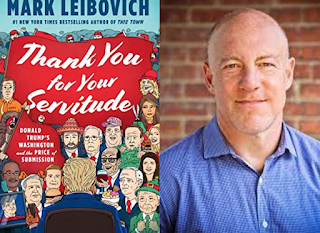For much of our 246 years, we were a young, dynamic, striving country. Sure, we had flaws, we made mistakes, we took wrong turns, but we believed deeply in our ability to learn from those mistakes and to move the country forward. Today, it seems that we’re caught between that young, energetic country and some of the more mature, but less dynamic nations we see in Europe, for example. We are like a mean, angry adolescent nation ready to fight with anyone and about anything.
When the James Dean character in Rebel Without a Cause was asked, “What are you rebelling against, Johnny?” The answer was, “What do you got?” We are like that adolescent. Some are rebelling against our founders, some against our institutions, against our diversity, our technology. Essentially, what do you got? Like any adolescent, maybe we will outgrow this, or will there be enough time before we destroy the very fabric of our democracy? We’re living in a high school lunchroom with cliques, and anger, and hormones, and guns, and bravado. We’ll either graduate to the next level, or we’ll take the world’s longest time out while China and the rest of the world pass us by.
We’re going to talk about the state of the nation today with Michael J. Mazarr.
We’re going to talk about the state of the nation today with Michael J. Mazarr.
Michael is a senior political scientist at Rand, where he's the author of a recent Rand report entitled The Societal Foundations of National Competitiveness.
My WhoWhatWhy conversation with Michael Mazarr:




